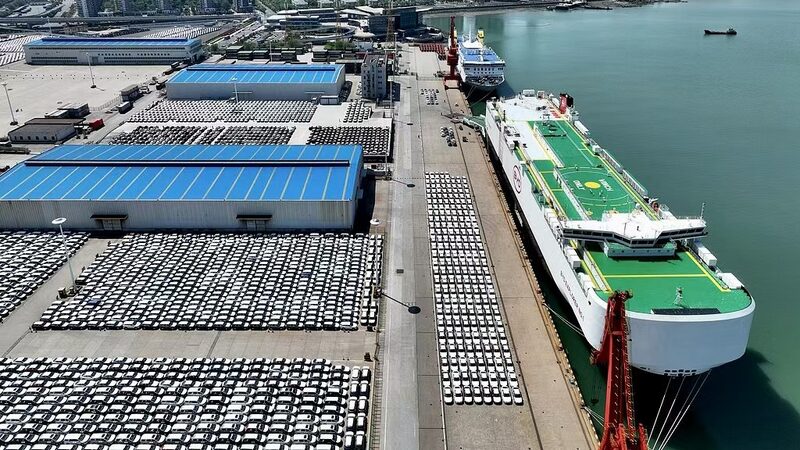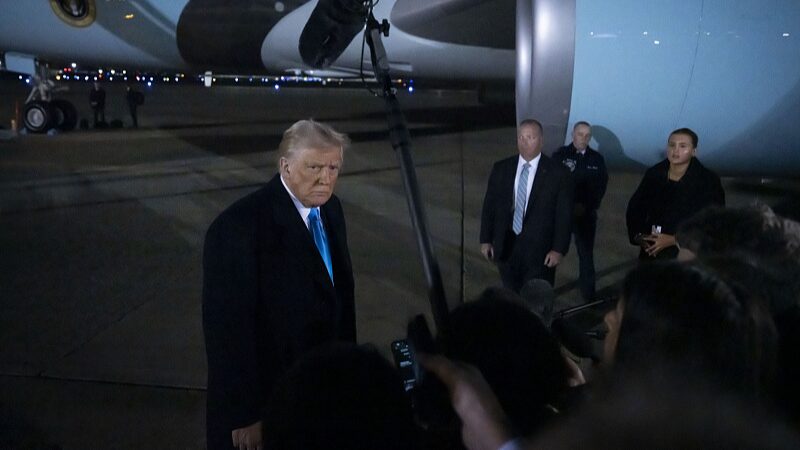Trade policies are stealing the spotlight again—but this time, it’s more drama than progress. The U.S., once a champion of free trade 🕊️, is now doubling down on protectionist moves, sparking fears of a global economic slowdown. 🚨
In May 2024, the Biden administration announced plans to hike tariffs on Chinese electric vehicles (EVs) from 25% to a staggering 100% ⚡—a move critics say could backfire. Analysts warn this isn’t just about EVs; it’s a risky game of economic chess that could hurt innovation, inflame nationalist sentiments, and weaken the rules-based trading system. 🌍
🚗 Why EVs? As climate goals push countries to go green, Chinese automakers have surged ahead with affordable, tech-savvy electric cars. Instead of competing, the U.S. is slamming the door. Tian Huifang, a senior researcher at the Chinese Academy of Social Sciences, calls this a 'road leading to a narrow street'—a protectionist spiral that could isolate economies rather than empower them.
Remember when globalization was cool? 📈 From smartphones to sneakers, free trade fueled decades of growth and low prices. But with tariffs trending, the WTO predicts rising costs for consumers and slower tech collaboration. 💸
For young professionals and entrepreneurs, this isn’t just policy noise. Strained U.S.-China ties could reshape supply chains, disrupt green energy projects, and even impact your next car purchase. 🛠️ The big question: Will protectionism protect anyone—or just leave everyone stranded? 🔌
Reference(s):
cgtn.com



